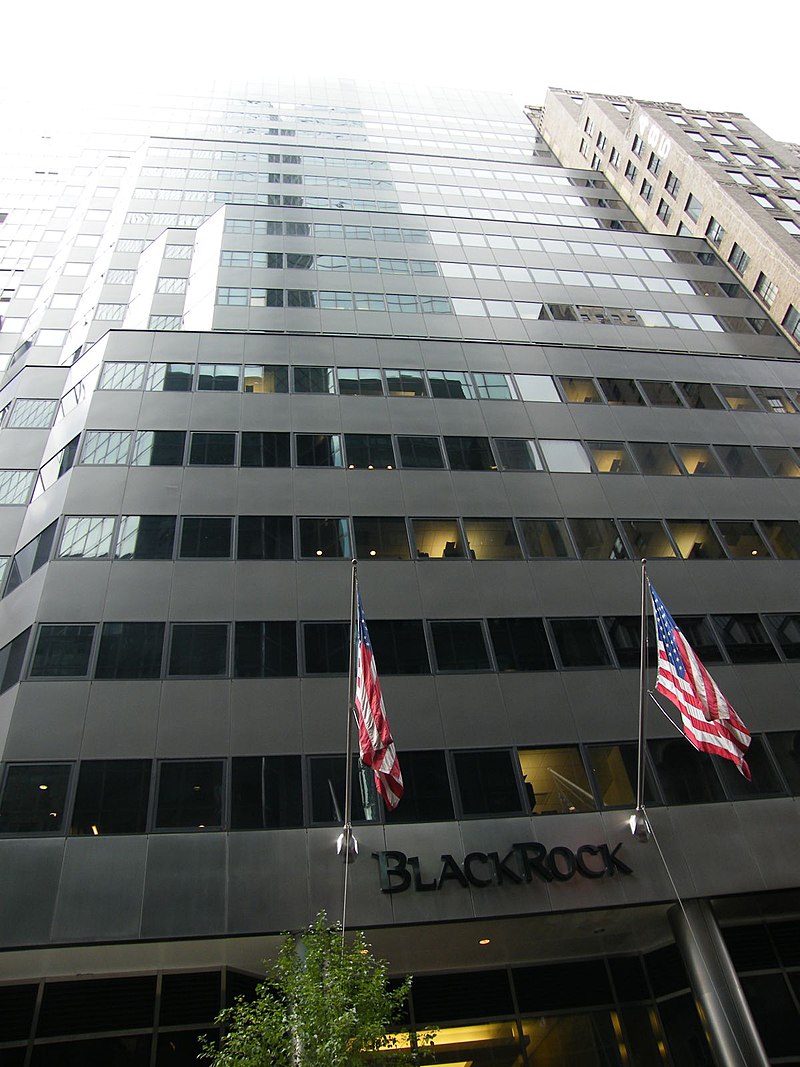“At the foundation of capitalism is the process of constant reinvention – how companies must continually evolve as the world around them changes or risk being replaced by new competitors.”
This is an excerpt from the letter Larry Fink wrote this year addressed to all CEOs worldwide, called the “Power of Capitalism”. Larry Fink is the CEO of BlackRock, an investment company with over ten trillion dollars in assets under management. This enormous company is the largest asset manager in the world. Even though there is enough interesting controversy to be found in the information surrounding this company and CEO, it is not the focus of this blogpost. Larry writes a letter annually, in which he explains what he thinks is important in the world of financial management and the relation between company and client. In this year’s letter, he reflects on how the pandemic has changed the way businesses interact with consumers and technology. He continues:
“The pandemic has turbocharged an evolution in the operating environment for virtually every company. It’s changing how people work and how consumers buy. It’s creating new businesses and destroying others. Most notably, it’s dramatically accelerating how technology is reshaping life and business. Innovative companies looking to adapt to this environment have easier access to capital to realize their visions than ever before. And the relationship between a company, its employees, and society is being redefined.”
Here Larry explains the phenomenon we have seen these past years. Technology companies that are ‘looking to adapt to this environment’ of business being done remotely have skyrocketed in growth. Companies such as Alphabet, Amazon and Microsoft have all gained immense profits since the start of the pandemic. Products that are accessible to people without the need for them to leave home have also increased in value heavily, such as streaming services. New and old companies focused on computational parts and medical machinery have risen heavily in worth. The work structure has been changed with the possibilities of working from home. Of course, all these changes depend on the relation between technology and business. And the ‘power of capitalism’ grants companies the ability to invest in this relation. He expands on the last line in the next paragraph, the most interesting one:
“COVID-19 has also deepened the erosion of trust in traditional institutions and exacerbated polarization in many Western societies. This polarization presents a host of new challenges for CEOs. Political activists, or the media, may politicize things your company does. They may hijack your brand to advance their own agendas. In this environment, facts themselves are frequently in dispute, but businesses have an opportunity to lead. Employees are increasingly looking to their employer as the most trusted, competent, and ethical source of information – more so than government, the media, and NGOs.”
Here he gives advice to the CEOs around the world; because of polarization and distrust in society, you can lead the way as a CEO to provide your employees with the real information. This is an inspirational message on the surface, but quite ironic when you look a bit deeper. In the recent years, it has become more obvious that the media and political activists are influenced by companies, not the other way around. This has become especially bad in the US, with BlackRock itself holding large shares of media companies. In the EU, big technology companies lobby aggressively for regulations for digital presence. The biggest players in the ‘political activism’ are these tech companies themselves. But it is quite understandable that Larry Fink would want to spread this message, as he himself is guilty of this irony. BlackRock uses ESG (Environmental Social Governance) scores to label companies that are either worthy or unworthy for investors. As a result of the enormous amount of influence BlackRock holds, the reality often holds that the lower the ESG score a company receives, the less investors they will have. The ‘E’ part of the ESG score emphasizes that companies try to accumulate their value with a long term vision about the environmental impact in mind. Yet BlackRock itself invests heavily into Chinese companies that have no consideration for environmental benefits. And yet, the ‘power of capitalism’ grants CEOs like him the ability to provide the real truth to their employees: an ethical source of information that does not come from the media.





Recent Comments